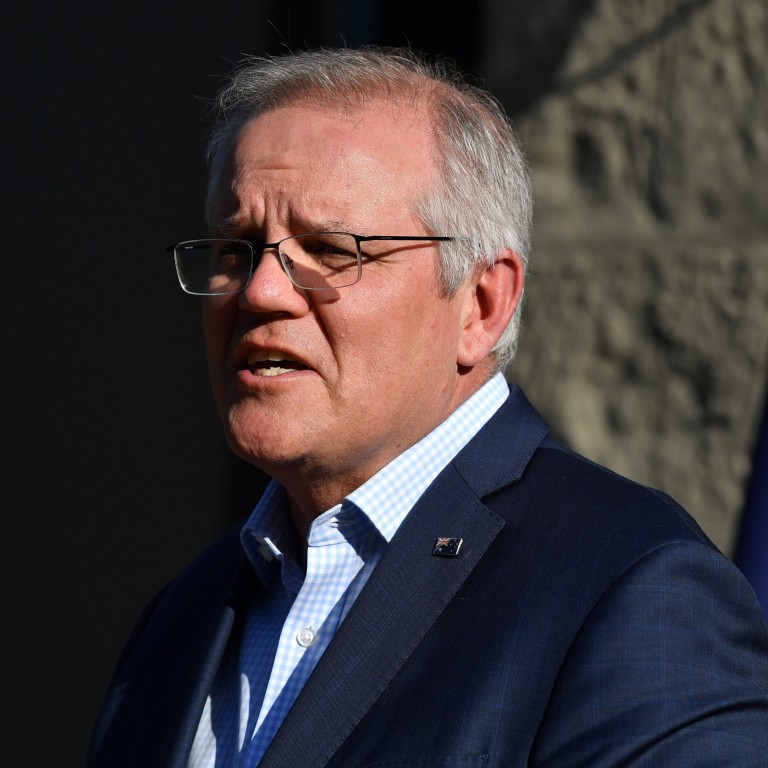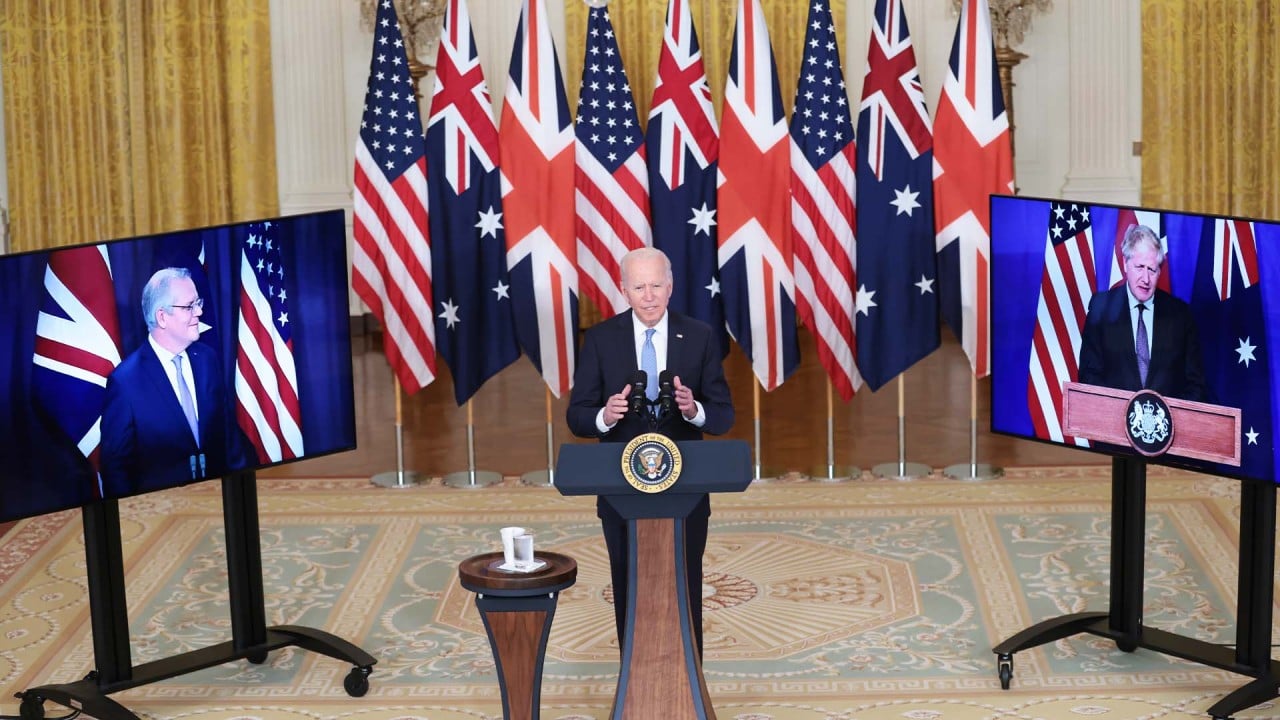
Does Australia care how its Aukus submarine deal looks to its Asian neighbours?
- Australia’s pact has raised Asean concerns of a nuclear arms race, hurt its trade ties with China and alienated Europe, particularly France
- It also shows Australia would rather sink or swim with its Anglosphere counterparts than address climate concerns in its vulnerable Pacific island neighbourhood
Has Australia seriously thought through the implications for its Asian neighbours?
Assuming that Australia’s nuclear submarines are similar to the 12 Columbia-class subs that the US plans to acquire by 2030 under a US$128 billion programme, Australia may be paying at least US$85 billion for equipment that could be obsolete by the time they come on stream.
Twenty years is a long time in which to improve defences against submarine attacks. In conventional warfare, submarines are a deterrent at best – their threat comes from carrying nuclear missiles. But even such nuclear missile-carrying potential could invite nuclear retaliation.
Second, what businessman spends nearly all the money he earns from his best customer to point a gun at him? China imported over US$100 billion worth of goods from Australia last year, giving it a trade and service surplus of US$55.5 billion. To spend an estimated US$85 billion on defence against your top customer defies business logic.
Fourth, you have to ask whether Australian military intelligence is an oxymoron when it recently ordered 70-tonne US Abrams tanks that are too heavy to carry by amphibious landing boats or travel across large parts of northern Australia.
Why Scott Morrison’s climate inaction is a ‘code red’ in itself
The latest World Bank model suggests that the global decline in biodiversity and collapse in ecosystem services, such as wild pollination, food from marine fisheries and timber from native forests, could cost the world economy US$2.7 trillion annually by 2030. The injustice is that the poorest countries, including in the Asia-Pacific, will bear most of the loss. In particular, many indigenous peoples whose livelihoods depend on nature will suffer.
According to Human Rights Watch, Aboriginal and Torres Islander people comprise 29 per cent of the Australian adult prison population, but just 3 per cent of the population. In the US, states with large Native American populations have incarceration rates for American Indians up to seven times that of whites.
The Aukus military alliance essentially signals to the world that money spent on real war is preferred to money spent on social justice at home and concerns for people and the planet. Who really profits from the nuclear submarine contract? Exclusive submarine suppliers such as General Dynamics and British Aerospace.
The Aukus deal confirms, essentially, that Australia opts to sink or swim with its rich Anglosphere few, rather than the global many. Who said the world was fair?
Andrew Sheng writes on global issues from an Asian perspective



